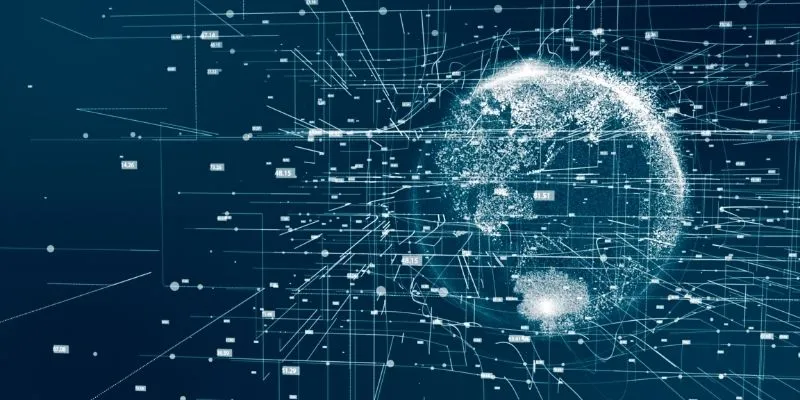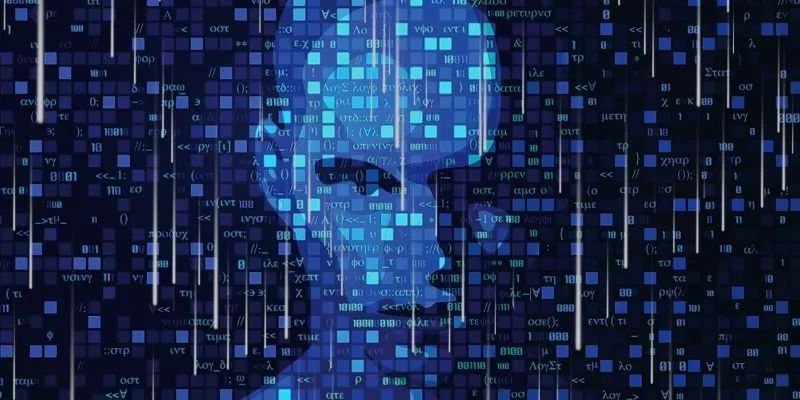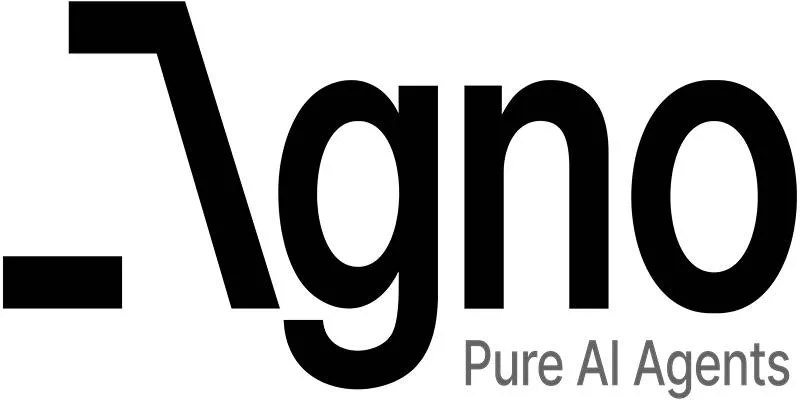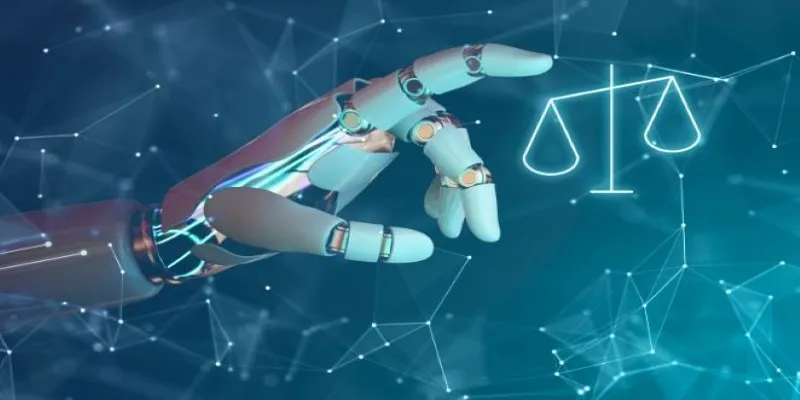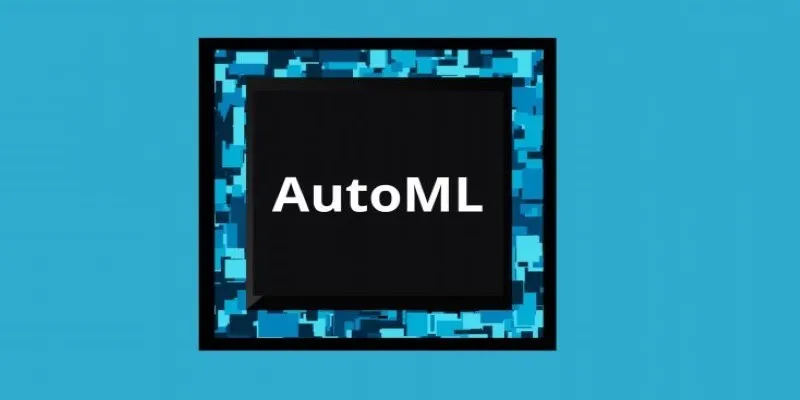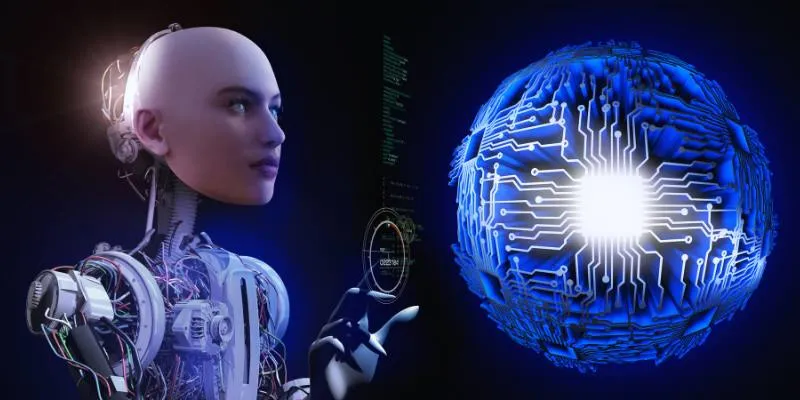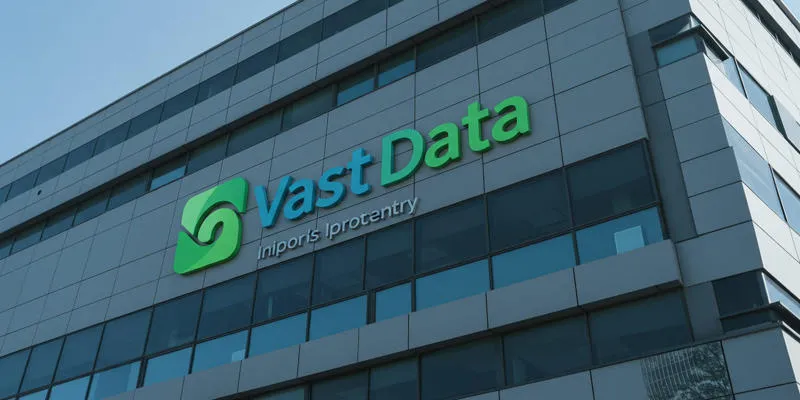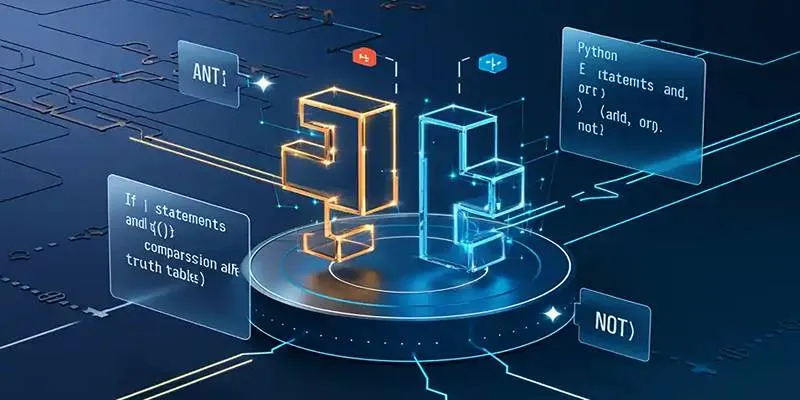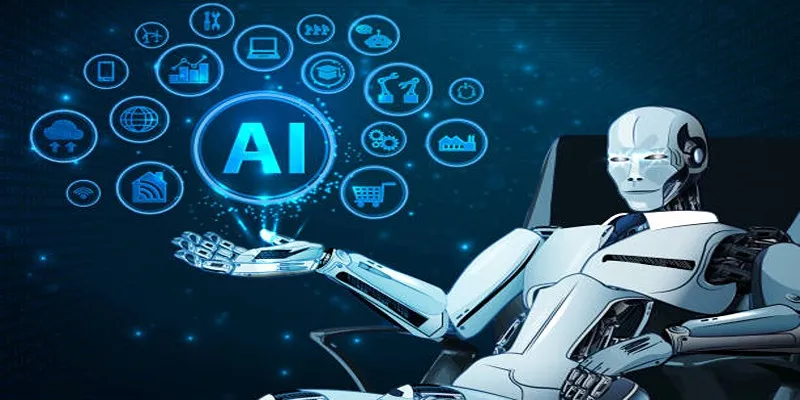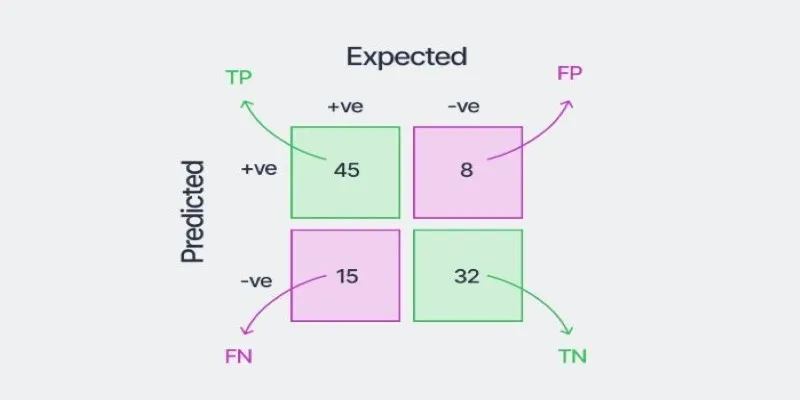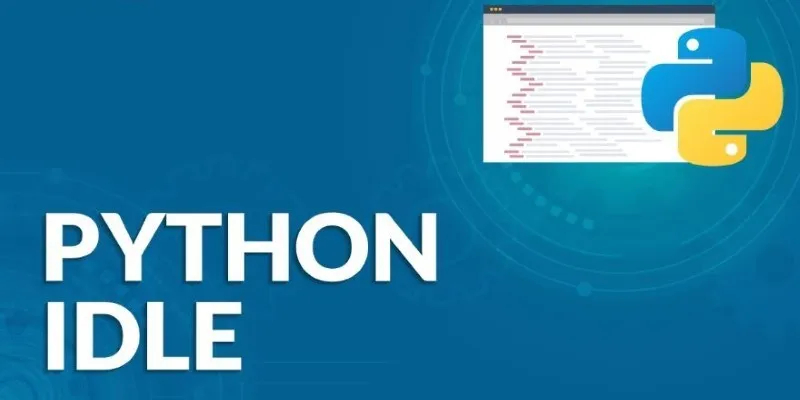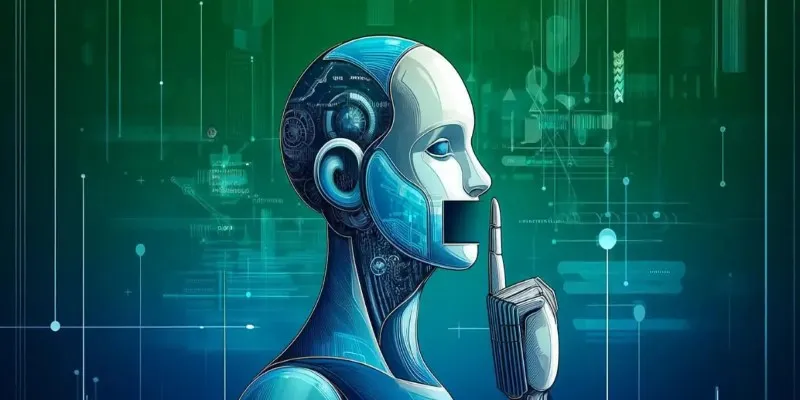Artificial intelligence is no longer just a buzzword in the developer community—it’s a tangible force reshaping how developers plan, code, debug, and deploy software. From intelligent code suggestions to auto-documentation and error resolution, AI tools are increasingly integrated into modern development workflows.
This evolution raises an important question: how do developers truly feel about AI’s role in their daily work? While some embrace AI as a productivity booster, others approach it with caution, pondering its implications for creativity, autonomy, and job security. The emergence of tools like GitHub Copilot and ChatGPT has sparked both enthusiasm and concern.
This article delves into developers’ perceptions of the growing presence of AI in their workflows, the changes they anticipate, and how the programmer’s role might evolve as machine intelligence becomes more involved in code development.
AI as a Productivity Partner, Not a Replacement
Most developers don’t see AI as a job threat. Instead, they view it as a powerful assistant that enhances productivity by taking over repetitive or time-consuming tasks. The consensus in many developer communities is that AI can generate boilerplate code, suggest efficient alternatives, and flag syntax errors before they escalate.
By offloading these minor tasks, developers can dedicate more time to architecture planning, system design, and complex problem-solving. Rather than replacing human judgment, AI serves as a second set of eyes—one that operates tirelessly around the clock.
The perception of AI as a copilot rather than a competitor is gaining traction. Developers appreciate the efficiency gains but are mindful that their core skills—logic, abstraction, and strategic thinking—remain central to software development.
Code Generation and Its Growing Role in Development
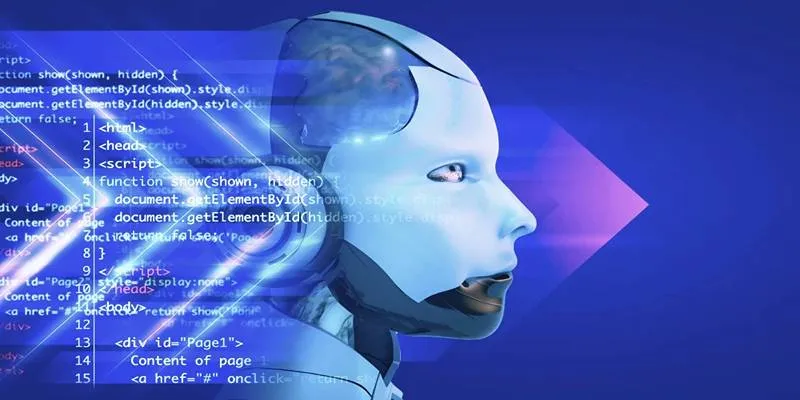
AI-generated code is a hot topic in development circles. Tools powered by large language models can now generate entire functions or modules based on short prompts. This capability is welcomed by many developers, particularly when they need to prototype quickly or overcome writer’s block during implementation.
However, there’s a healthy amount of skepticism. Developers remain cautious about blindly copying and pasting AI-generated code. Many agree that while AI can assist in writing code, it requires human oversight to ensure readability, maintainability, and adherence to project standards.
AI also struggles with edge cases, particularly in domain-specific logic or systems with unique architectural needs. In such scenarios, developers rely on their expertise to guide or correct AI suggestions.
Documentation and Debugging Are Getting Smarter
Two areas where developers are especially optimistic about AI’s impact are documentation and debugging. Documentation has long been considered a tedious part of the job. Many developers feel AI can now take the first stab at creating comments, docstrings, or even entire markdown files that explain how a codebase functions.
This not only saves time but also promotes better practices across teams. With AI capable of generating consistent, clear documentation, collaboration becomes easier—especially for remote or distributed teams.
Debugging is another area where developers are seeing value. AI-powered tools can identify potential bugs, suggest fixes, and even explain what went wrong in natural language, transforming debugging from a frustrating chore into a more guided experience.
Skill Development and Learning in the AI Era
As AI tools become more sophisticated, developers are contemplating how to keep their skills relevant. Many believe the ability to write complex algorithms by hand will become less critical. In contrast, higher-level skills like system design, architectural thinking, and cross-functional collaboration will grow in importance.
Rather than fearing AI, forward-thinking developers are using it as a learning companion. New coders can explore solutions, get instant code explanations, and receive structured feedback—all powered by AI. Mid-level and senior developers use it to stay current with unfamiliar languages, frameworks, or APIs.
This trend signals a shift from rote memorization toward strategic learning. Developers are adapting by honing their critical thinking, refining their ability to evaluate AI outputs, and focusing on development areas where human creativity still holds an edge.
Concerns Around Over-Reliance and Code Quality
Despite the excitement, developers are mindful of potential risks. A major concern is over-reliance. If developers begin trusting AI outputs without critical evaluation, there’s a risk that poor-quality or insecure code could enter production.
Some worry that junior developers may become too dependent on AI for answers, missing out on learning fundamental principles. Others point out that AI- generated code suggestions may sometimes lack context, violate best practices, or conflict with long-term scalability goals.
There’s also the issue of explainability. AI-generated code might solve a problem efficiently, but if developers don’t understand why it works, maintaining or debugging it later can become problematic.
Collaboration and Team Dynamics May Evolve

AI tools are not just changing how individuals work; they’re also shifting team collaboration dynamics. With AI providing rapid feedback, generating documentation, or even suggesting architecture patterns, developers may spend less time in long sync meetings or lengthy code reviews.
This evolution could lead to more asynchronous work cultures where each developer receives AI support in real-time and uses human input only when necessary. Team leads may shift their focus from managing people to curating workflows, tools, and policies that integrate AI into the team’s development lifecycle.
This shift doesn’t mean human interaction will disappear. In fact, developers still value peer review, brainstorming, and mentorship. However, AI’s presence in the workflow will likely influence when and how these interactions occur, making collaboration more targeted and less disruptive.
Conclusion
AI is no longer on the sidelines—it’s actively shaping how software is built. Developers are adjusting their workflows, mindsets, and skills accordingly. While they recognize the risks of dependency and output quality, they also see tremendous potential to enhance productivity and elevate the coding experience. The sentiment among most developers is not one of fear but of curiosity and cautious optimism. AI is seen as a tool, not a replacement.
 zfn9
zfn9





